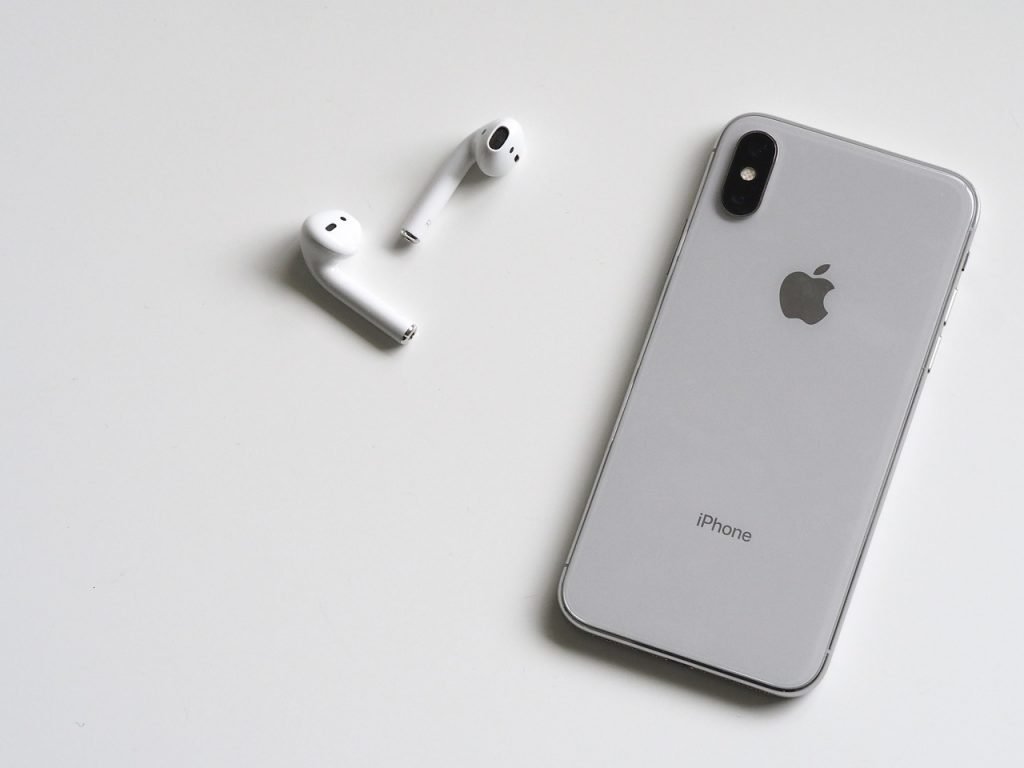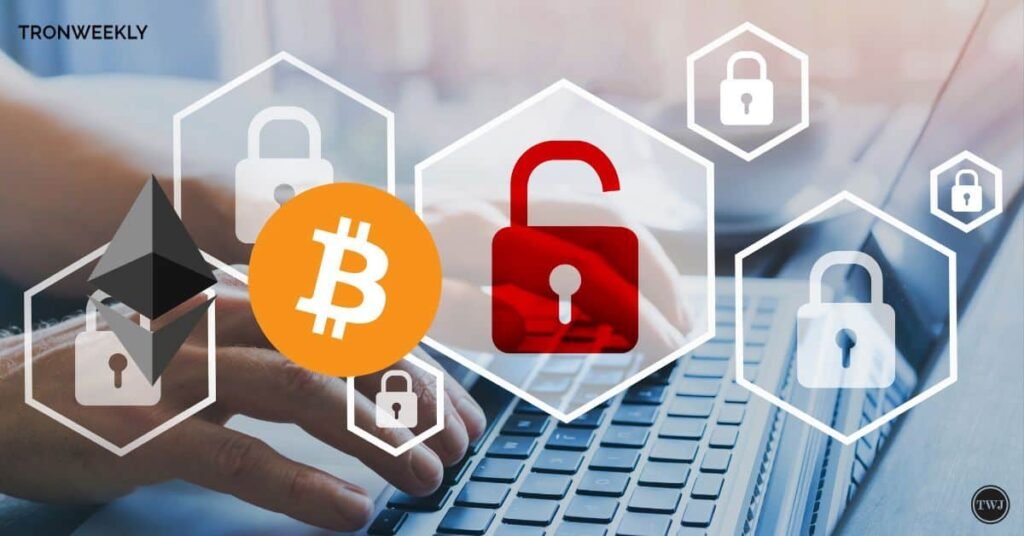Do I need an antivirus for iPhone?

Most people are made to believe that all computing devices need to have antivirus software, regardless of the operating system they are running on. Most of us know what the security risks associated with these types of devices are (you can click here to refresh your memory should you need to), and how we should go about minimizing them. Apple’s mobile devices are powered by iOS, one of the most advanced and secure systems you may come across. Even though it’s well known your computing device can be susceptible to a virus attack, and we will more often than not find ourselves checking out places like iGeek Tech Repair in Sacramento to fix the issue, many security firms now offer antivirus for iPhone too to safeguard your devices. But the question is, do we really need one?
How is iOS different than other mobile platforms like Android?
Unlike Apple, Google has provided a lot more flexibility to its users when it comes to installing applications on their devices. Though by default, an Android device restricts its owner from installing files from unknown sources, this can be changed almost effortlessly through the device’s settings. While this has allowed users and developers have a lot more versatility when it comes to installing and building software, it left a void in the system for cyber criminals to exploit.
The case is not the same with iOS, however. Apple doesn’t provide its iPhone, iPod or iPad users with this feature, limiting them to mostly the App Store. Certainly, hackers and exploiters have got their hands on having root access to iOS, a privilege of removing restrictions imposed by Apple, this, however, is something users wouldn’t be encouraged to proceed with as it voids Apple’s warranty for the device. In addition, Apple keeps updating its iOS from time to time keeping in mind to fix the exploit.
Apple doesn’t really allow any Antivirus to function like it normally would:
According to Rich Mogull, analyst and CEO of Securosis, a security firm – security software are designed for latching on to hooks to have deep access to the operating system. This allows them to monitor if a threat persists. However, this creates a potential exposure for the software itself to become a target. All that is required by cybercriminals is to find a loophole in a sloppily designed antivirus. Hence, Apple kept in mind to design iOS such, that no software would have the possibility of grappling on to these hooks.
On the other hand though, founder and CEO of security firm Kaspersky Lab, Eugene Kaspersky has warned Apple that sooner or later iOS would become a target of malicious attacks. And when that happens, it could seriously bring down the reputation of the company, giving an advantage to other mobile platforms.
For the time being though, iOS’s security model of having a strong wall between its apps and operating system seems to work just fine.
Then, what about the antivirus for iPhone that are available?
Apple itself promises its users that their devices are well secured and officially bans all antivirus apps, revealing them to be spam aimed at generating money from uninformed owners. At the same time, an antivirus app search in the store would reveal that there are enough of them there. These, however, are designed to provide privacy and security from thefts more than to defend potential system threats as claimed by most. The last thing home users would want to happen is have their iPhones or iPads stolen or their data mishandled.
Apps like Find My iPhone, Avira Mobile Security, McAfee Security, Norton Mobile Security take care exactly of that. They allow owners to wipe their device if it falls into the wrong hands. Bitdefender Mobile Security works similarly, also alerting users if their accounts ever get breached. Citrix Secure Web claims to protect users from malicious websites and phishing attacks. While that sounds impressive, the iOS’s default explorer, Safari is well capable of handling that itself. Notice that these software firms refrain from using the term ‘antivirus’ in their app’s name like they do in their desktop counterparts? You guessed it right – that’s because they were never designed to protect phones and tablets from viruses, but rather, from data thefts!
How do I protect my device if it has been jailbroken?
While ‘jailbreaking’ has exposed that the iOS is not entirely fool-proof, the system software is still remarkably secure and stable. Unlike on the Android, malware hasn’t yet been able to find their way to the operating system through software from third-party sources. However, since Apple doesn’t take any responsibility for a jailbroken device, taking a few precautions might be a good idea.
Say No to Piracy:
It is always better to stay away from pirated software. As has been the case with Android, developers of third-party apps get paid to generate traffic through their software. Though, third-party software is unlikely to affect the performance of an iOS device as much as an Android device, taking a precaution is still always better than having to cure.
Secure your jailbroken iDevice by changing the root password:
As of today’s date, there have been two exploits discovered that are aimed at a jailbroken device and both of them try to access its administrator account, popularly known as ‘root’. However, securing it by changing the root password is relatively easy. A Google Search would give you tons of results on how to do that. Since by default iPhone restricts enabling root access, these exploits are only possible on a rooted/jailbroken device.
Keep your device updated:
You may have heard news about the flaw in iPhone’s Wi-Fi chip or how an iCloud is capable of holding a device as hostage. Apple might have security exploits from time to time but it keeps a track of everything so closely that the latest iOS update includes all the fixes. Of course, there isn’t a need of immediately updating the device as some updates initially might be less stable than one would anticipate.
Conclusion
In summary antivirus for iPhone is not needed or even realistically available. The multiple pieces of security software available for iPhone are still useful, however. Having the ability to track your device or wipe it remotely in the event of loss or theft is essential for the majority of iPhone users. The biggest security threat to iPhone users isn’t virus or malware, it is from general internet security threats as shown in our article – What internet security threats to look out for in 2018?
Be the first to write a comment.







